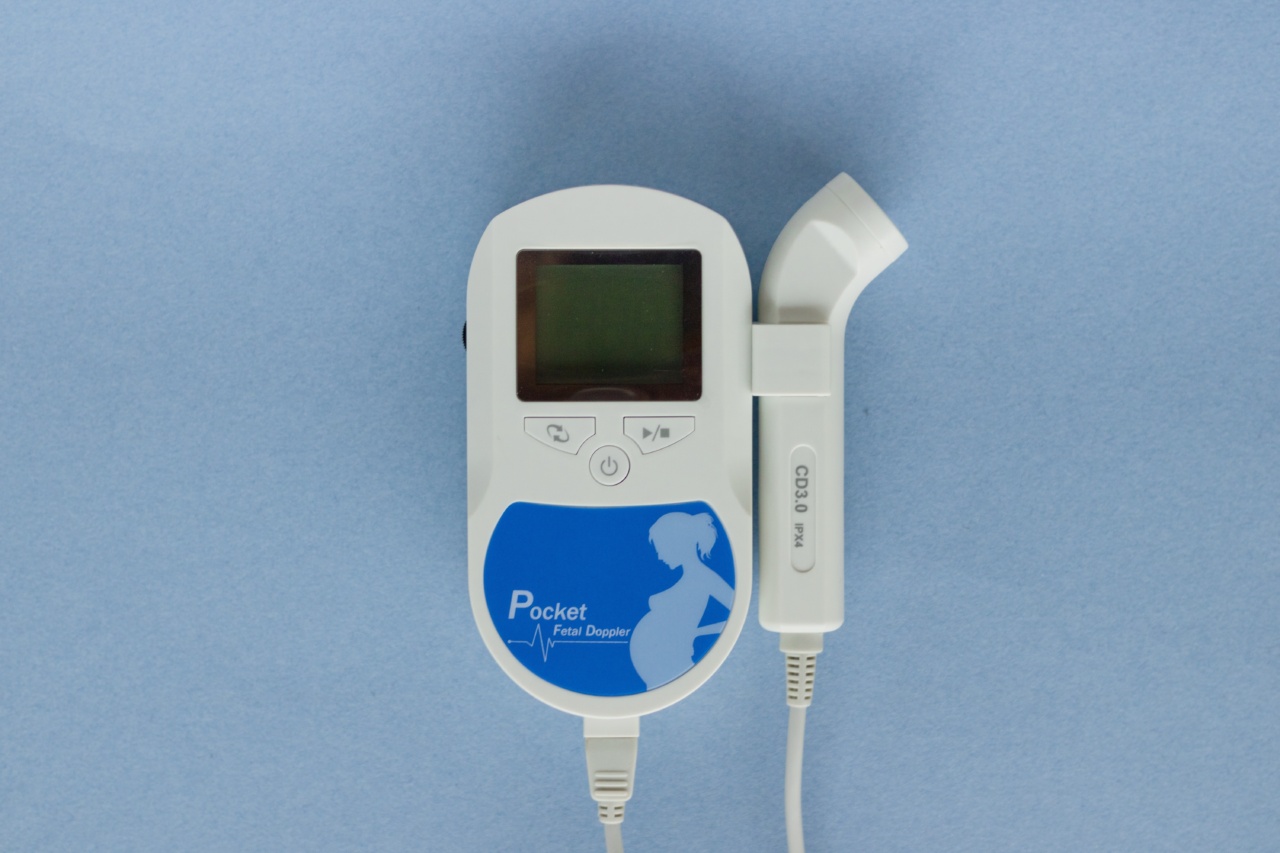Pregnancy is often thought of as a time of joy and excitement, but it can also be a time of stress and anxiety.
Prenatal stress – stress experienced by the mother during pregnancy – can have a negative impact on the developing fetus, especially the fetal brain. In this article, we’ll take a closer look at the effects of prenatal stress on the fetal brain and what expecting mothers can do to reduce stress and promote healthy fetal development.
What is Prenatal Stress?
Prenatal stress refers to any stress experienced by the mother during pregnancy. This can include physical stressors, such as illness or injury, as well as psychological stressors, such as anxiety, depression, or relationship problems.
Prenatal stress can have a negative impact on both the mother and the developing fetus.
How Does Prenatal Stress Affect the Fetal Brain?
The fetus is especially vulnerable to stress during pregnancy because its brain is still developing. Prenatal stress can disrupt the normal development of the fetal brain, especially in areas related to emotion, memory, and learning.
One way in which prenatal stress can affect the fetal brain is by altering the production of stress hormones. When the mother experiences stress, her body produces stress hormones, such as cortisol and adrenaline.
These hormones can cross the placenta and affect the fetus. Exposure to high levels of stress hormones during fetal development can lead to changes in the structure and function of the fetal brain.
Another way in which prenatal stress can affect the fetal brain is by altering the expression of genes. Research has shown that prenatal stress can affect the way that genes are turned on and off in the fetal brain.
This can have long-lasting effects on brain function and behavior.
What are the Long-Term Effects of Prenatal Stress on the Fetal Brain?
The effects of prenatal stress on the fetal brain can have long-lasting consequences.
Children who were exposed to prenatal stress may be at a higher risk for a variety of mental health problems, including anxiety, depression, and attention deficit hyperactivity disorder (ADHD). They may also have lower cognitive abilities, such as lower IQ scores and poorer performance on tests of memory and learning.
The effects of prenatal stress on the fetal brain may also extend into adulthood.
Adults who were exposed to prenatal stress may be at a higher risk for mental health problems, such as depression and anxiety, as well as chronic health problems, such as heart disease and diabetes.
How Can Expecting Mothers Reduce Prenatal Stress?
Reducing stress during pregnancy is essential for promoting healthy fetal development. Here are some tips for expecting mothers to reduce prenatal stress:.
- Practice relaxation techniques, such as deep breathing, meditation, or yoga.
- Stay physically active with low-impact exercise, such as walking or swimming.
- Maintain a healthy diet that includes plenty of fruits, vegetables, and whole grains.
- Get plenty of rest and sleep.
- Seek support from family, friends, or a therapist.
By reducing stress during pregnancy, expecting mothers can promote healthy fetal development and give their babies the best possible start in life.
Conclusion
Prenatal stress can have a negative impact on the developing fetal brain. It can disrupt normal brain development and lead to long-lasting consequences for mental and physical health.
Expecting mothers can reduce prenatal stress by practicing relaxation techniques, staying physically active, maintaining a healthy diet, getting plenty of rest and sleep, and seeking support from family, friends, or a therapist. By doing so, they can promote healthy fetal brain development and give their babies the best possible start in life.






























